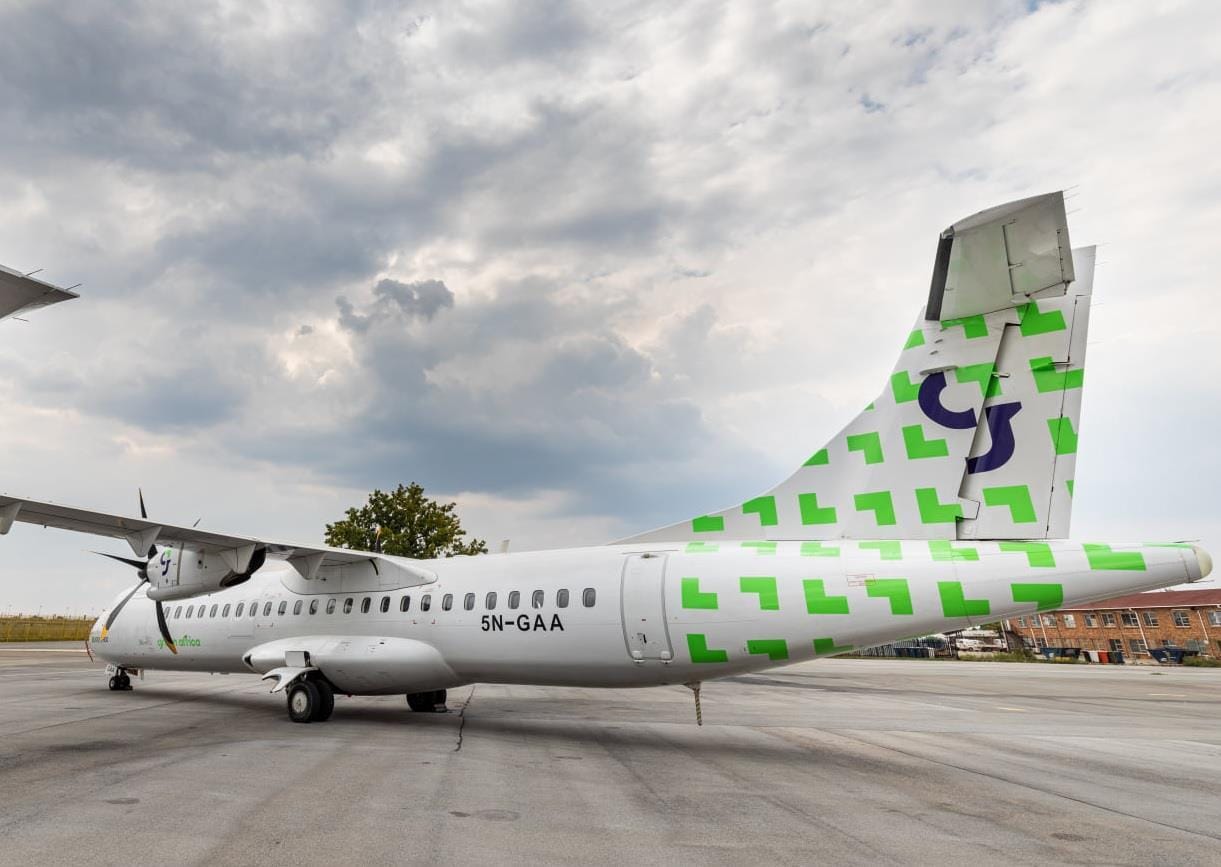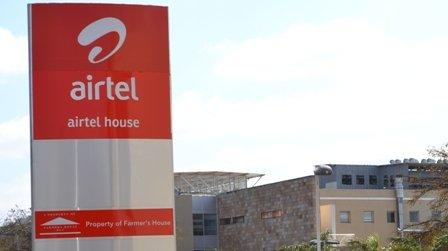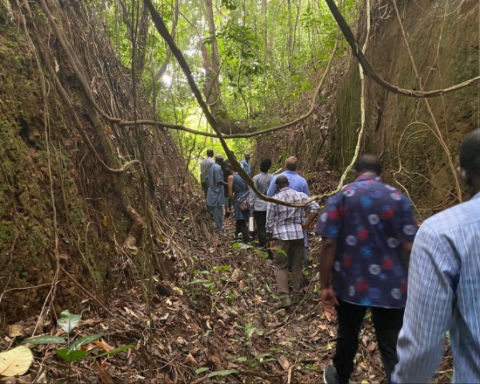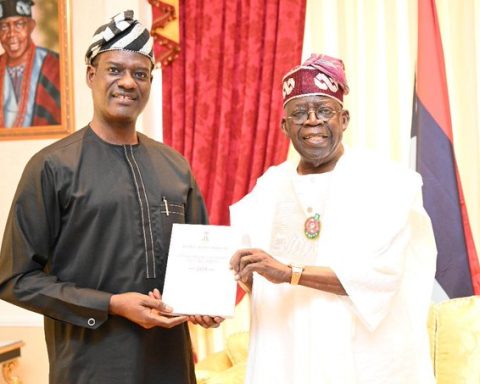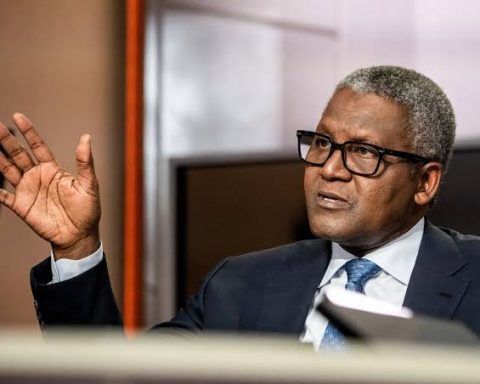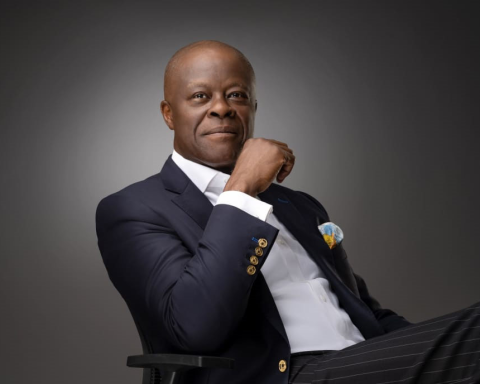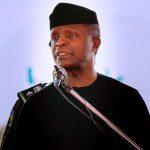Some of Nigeria’s international airports have in the last few years been expanded and refurbished in an attempt to upgrade them to become modern standards.
This and more are part of concerted efforts being made by the Nigerian government to ensure that the country positions the aviation industry as one of its major revenue-generating sectors and reduce the economy’s over-dependency on oil.
Join our WhatsApp ChannelThe terminal expansion projects going on at different airports in the country are expected to accommodate more passengers and freight traffic into the country. But to be among the top players in the African aviation industry, Nigeria may need to do more to meet up to other country’s expansion and remodelling drive.
The International Air Transport Association (IATA) has projected that Africa will be the fastest-growing region in 2036 at 5.9% per annum – for a total market of 400 million passengers annually. The scramble for these passengers is on already.
Currently, Addis Ababa and Cairo host the busiest airports in Africa, according to the African Airline Association (AFRAA) 2020 airport ranking by passengers data. Johannesburg and Nairobi are also top in the ranking. Lagos is the only West African city that made the top 10.
On Airport ranking by freight traffic, the AFRAA data shows that Addis Ababa airport handled more than 500 thousand tons of freight during the year 2020. Nairobi Jomo Kenyata followed with 335 thousand tons. This time, four West African cities are part of the top 10, namely Lagos, Accra, Dakar, and Abidjan.
The AFRAA data further shows that among the 54 countries on the continent, 13 have direct flights to more than 20 African countries. Ethiopia and Kenya lead with 30 direct flights and more to other countries within Africa. Nigeria came 7th behind Ghana in 6th position among best-connected countries in Africa.
The above data shows Nigeria will need to cross several hurdles to become Africa’s aviation hub, as Ethiopia, Egypt, Kenya, and South Africa continue to lead the West African country.
But should Nigeria desire to become Africa’s aviation hub? A licensed Aircraft Engineer, Uma Maduekwe, who spoke to Prime Business, says it’s important Nigeria does.
“The market has such huge potential to add to Nigeria’s GDP when and if properly managed. However, it goes to say that whilst desire is one thing working purposefully hard enough to fulfill it is another”, Engr. Maduekwe noted.
Maduekwe said although there is no reliable local database on the number of pilots in the country, there was the need for Nigeria to grow the number of its internationally certified pilots. He said there was also the need to fix the infrastructure deficit in Nigeria to reduce the vast amount of pilots that prefer working outside the country.
“Nigeria needs to establish a reliable local database of registered pilots. Right now there is no database. Also, a vast majority of pilots will prefer to serve outside the country. To put a check on this, the government needs to provide adequate infrastructures in place.”
To close the gaps in the Nigerian aviation sector, Maduekwe believes that the right kind of manpower, skills acquisition and effective partnerships are required. According to him, the manpower should be directly related to the field of aviation.
“Manpower should be made up of people with the right kind of drive for delivery. Anything short or inadequate will not be sustained. Skill acquisition should in our clime be encouraged from as early as when the flare for flying has been identified”, according to the aircraft engineer.
Continuing he said, “the government would have been a key player in all these but at the moment we do not have one with the kind of drive required.” According to him, the government does not have its priorities right, adding that once Nigeria does, the country will take lead in the continent’s aviation sector among other African countries.
“There has always been the misplacement of priority – corruption over the ability to deliver. If everything is rightly placed, Nigeria will be a force to reckon with”, he concluded.
- Editor
- Editor
- Editor
- Editor
- Editor


